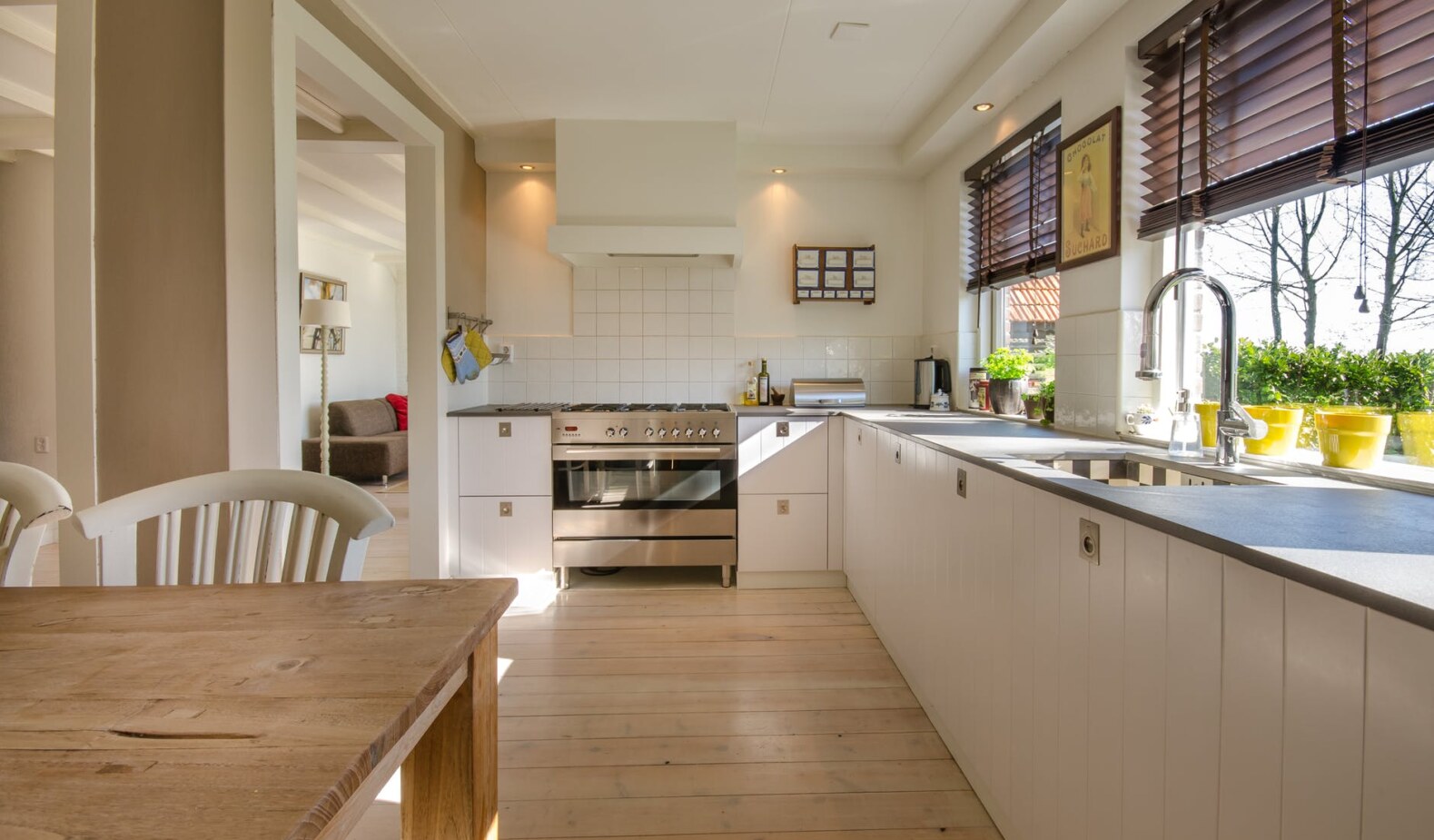Table of Contents
What you should know before renting a house or an apartment in France
As a foreigner, finding a place to live is probably one of the trickiest parts of your expatriation. You have no idea what the good neighborhoods are, no idea how far a place is from your office or university… So, in this article, you will find some useful information to help you find your dream place!
Upon arrival, give yourself some time
It may seem obvious to some of our readers, but we will say it anyway: even if you can afford it, do NOT sign a rent contract before coming to France. Give yourself some time to know the neighborhoods, the public transportation network and the traffic. You will get a better grasp of commuting times, safety and convenience with a good old first-hand experience.
Besides, you will find out that looking for an apartment in France is time consuming and tiresome. The demand is usually higher than the supply, so you don’t have much time to make a decision and the competition for the most attractive listings can get intense. If possible, book your temporary accomodation for 15 to 30 days. An Airbnb, a youth hostel or kind couchsurfing host; choose the option that matches your budget!
Once settled, you will have all the time you need to find a great place that matches your needs. First off, you have a few options to choose from:
-
- Rental agency
-
- Private-to-private rental
-
- House Share
Rental Agency
Many foMany foreigners choose the safety of a real estate agency to find their house or apartment. It’s a sure way to get a decent place and to get help from professionals. Besides, they may be more accustomed to foreign tenants, which can make your research easier. This is the most recommended option if you don’t speak French although, let’s be clear, you will most likely not get a fully bilingual customer support…
Agencies tend to select the properties that they will put up for lease. For this reason, the apartments and houses you will find on French agencies’ websites are clean and in good condition.
On the other hand, agency costs are high (typically one month’s rent plus a monthly fee) and gathering the required documentation can be tedious.
Agency fees
Agency fees are typically split between the tenant and the landlord. The law defines that the tenant can’t pay more than the owner. So, for instance, if the service fees are 350 €, you won’t pay more than 175 €.
One important thing is, once you have chosen to follow-through with a property, you will have to pay the fees, the security deposit and the first month’s rent in a very short period of time. You better have a small reserve in your bank account to deal with these extra expenses.
Agency fees are restricted by law in France
These fees have been capped in France since 2014. The limits are defined according to 3 categories: 12 €/m² for ‘very tenses areas’, 10 €/m² for ‘tenses areas’ and 8 €/m² for other areas. Click here to find out the classification of your area.
Private-to-private rentals
In France, private-to-private rentals are very common. Many landlords manage their property on their own to avoid agency fees for themselves and the tenant. You may worry about things like the quality of the contract at first, but most owners use standard contract templates.
In general, you will save approximately the value of one month’s rental if you choose to rent directly from a private individual, as they will only require an entry deposit.
In addition to the financial benefits of renting a property private-to-private, some landlords are more flexible with the documentation and safety deposits.
Dealing directly with your tenant also has advantages when it comes to repairs and improvements in the apartment/house. Based on our experience, most tenants will facilitate and/or pay for upgrades as it is in their interest to maintain the property in good shape.
The obvious disadvantage of private-to-private negotiation is that, most likely, you will need to speak some French to get through the whole rental process. And since the procedure can change from one landlord to another, the application and selection are very dependent on the owner. In some cases, they may not feel safe renting their property to foreigners or may not accept a specific document in your file.
Best private-to-private rental websites in France
Most listings are published on general advertising sites like le Bon Coin, seloger.com, or even Facebook groups. Once you get started, you will notice that real estate listings on this type of website tend to use a LOT of abbreviations and technical terms.
House share
House sharing is a great option for foreigners coming to France. In fact, it is so recommendable that we wrote a specific article about it. Have a look at it!
Application process
Rental application files could be a whole topic on their own. Their compositions vary greatly and depend on your situation. Agencies always perform a complete background check on anyone applying for a rental and their guarantor.
Finding a guarantor may be the most painful part of your journey. If you have a working contract with a French company, insist on having them as your guarantor. This will save you time and effort.
That being said, here is the standard composition of a rental file, based on our experience:
-
- Your last 2 tax notices (and your guarantor’s when needed)
-
- A copy of your ID (and your guarantor’s when needed)
-
- Your last 3 pay slips (and your guarantor’s in some cases)
-
- Your residence certificate
-
- Your bank identity statement or IBAN
-
- Your last rent receipt (less common)
-
- Your resume (less common)
Although it can be a hassle gathering the documentation, you should know that the real estate offer is chronically insufficient in France (especially in the 10 largest French cities), so the quality of your rental file can make the difference among other applicants.
Security deposit
The amount of the security deposit depends on the type of rental. For unfurnished rentals, the amount of the deposit corresponds to one month’s rent excluding ‘charges’. If your apartment is furnished, it will be two months of rent excluding ‘charges’.
When renting from an agency, your deposit will always be cashed in. For private to private relationships, the same thing usually applies, although some owners may agree to receive a check and not cash it in.
Most disputes between landlords and tenants are related to the return of the security deposit. It is thus necessary to make a thorough inspection of the place upon entry and to report any flaws you see.
Contract details
If you’re reading this, your application file has been approved and you have a rental contract in hand. Congrats! But now, some clauses are unfamiliar and you may wonder if they are standard. Don’t worry, we’ve got you covered. Have a look at our page dedicated to rental contracts.




Leave a comment